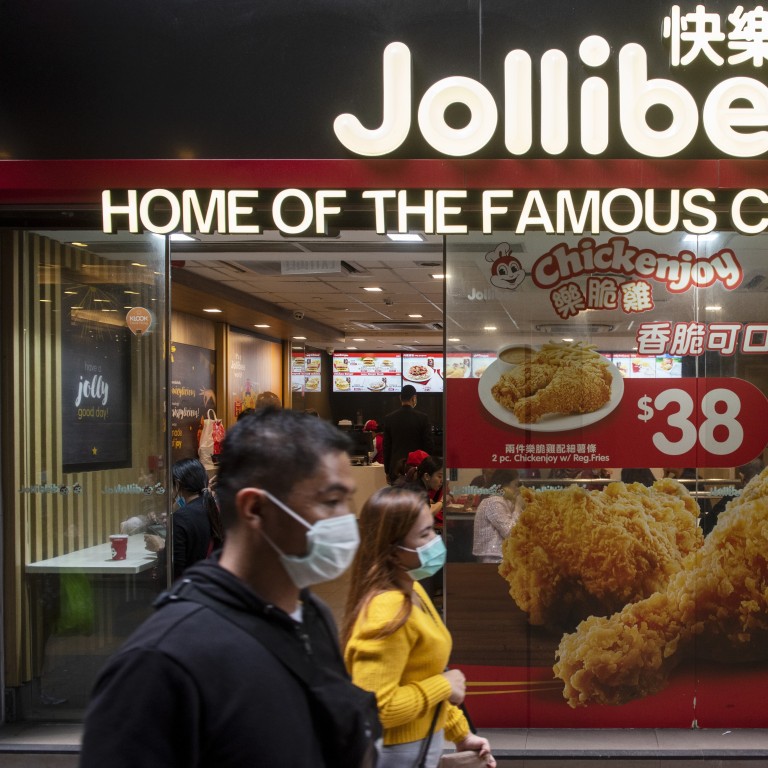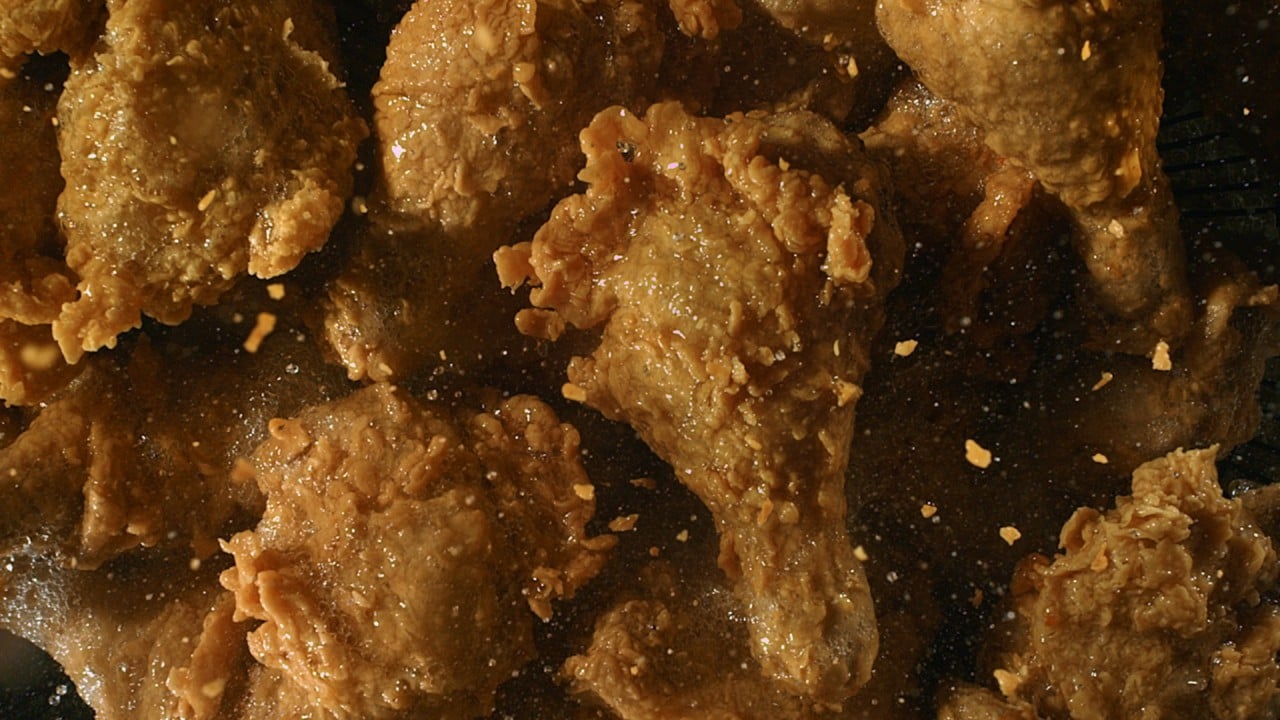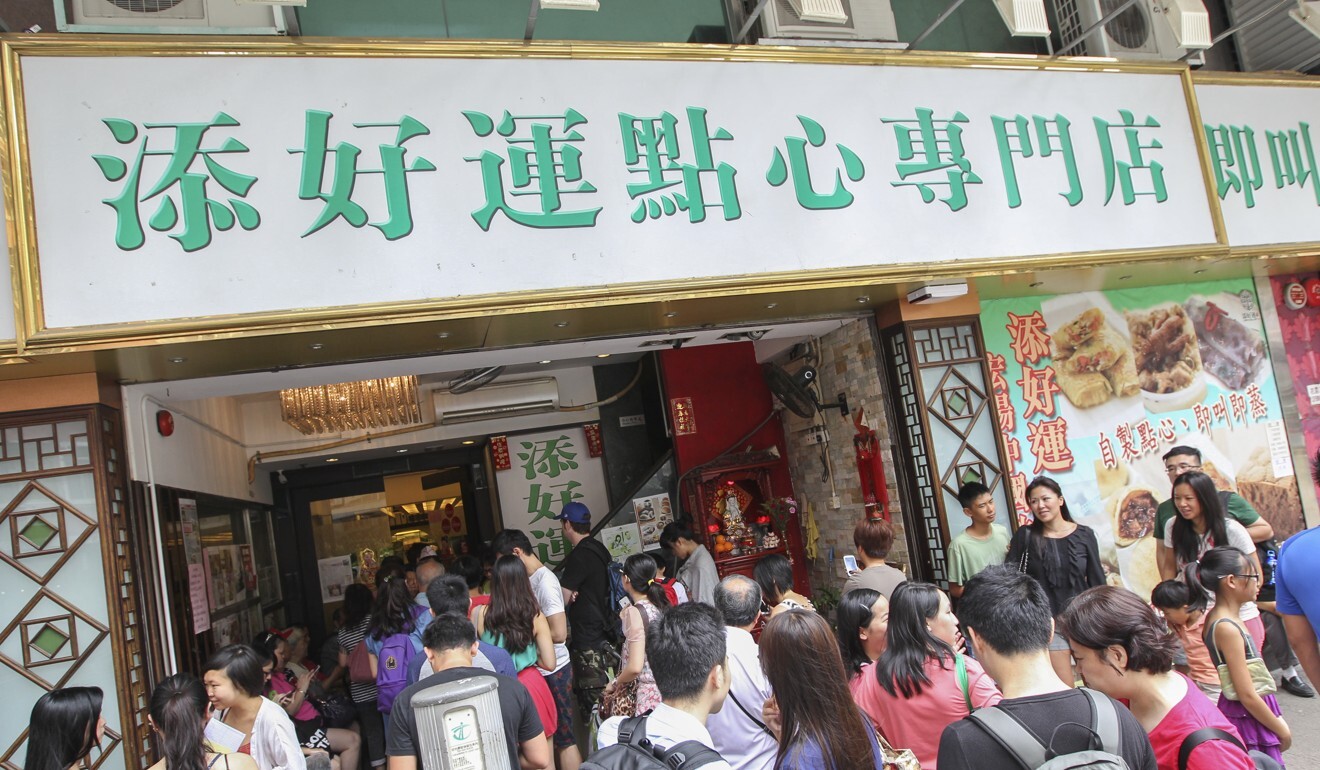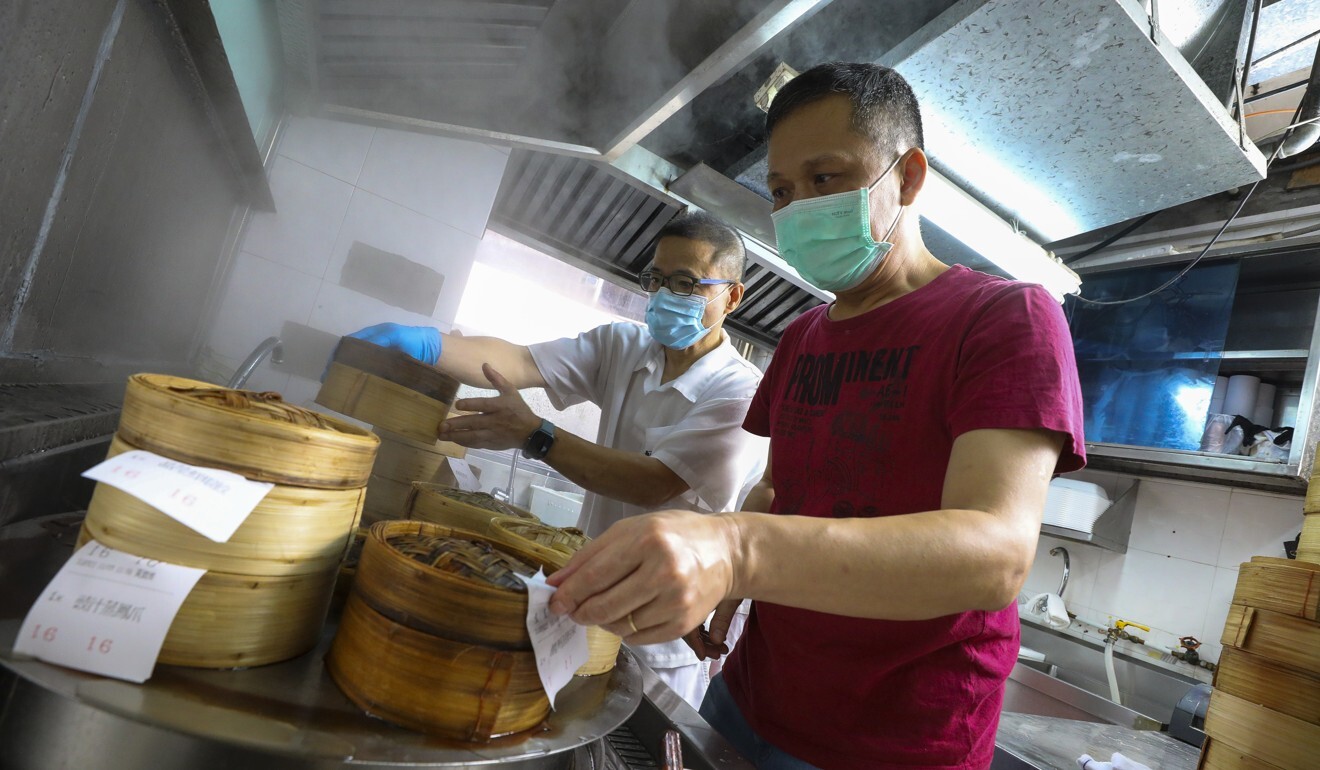
Jollibee, famous for its fried chicken, completes acquisition of Michelin starred Tim Ho Wan with eye on global expansion
- Jollibee Worldwide, a unit of JFC’s, has completed the acquisition of Hong Kong-based Tim Ho Wan
- China is JFC’s second-largest market and is playing an important role in generating revenue during the Covid-19 pandemic
Jollibee Worldwide, a unit of JFC’s, completed the acquisition of Hong Kong-based Tim Ho Wan last month by paying S$71.56 million (US$53.25 million) for a 15 per cent share that it did not yet own, to private-equity fund Titan Dining, which held the restaurant’s master franchise. It now owns 100 per cent of Tim Ho Wan.

03:08
Jollibee: How two small Philippine ice cream shops became one of the world's biggest Asian fast food companies
China is JFC’s second-largest market after the Philippines. And with the Philippine market still hobbled by lockdowns to contain the spread of the coronavirus pandemic, China is playing an important role in generating revenue for the company.
Its China operations tempered losses last year as it was the only market where all of its stores had reopened as of end of 2020. JFC swung to a loss of 11.5 billion pesos (US$230 million) last year from a net income of 7.3 billion pesos in 2019, according to information available with the Philippine stock exchange.

In the first half of 2021, JFC posted net income of 1.1 billion pesos, reversing a loss of 11.9 billion pesos in the same period a year ago. In the April to June period, same store sales growth in China matched that of the Philippines, at 48 per cent, and were the highest among JFC’s overseas markets, according to its filing with the Philippine bourse.
“China is JFC’s second-largest revenue contributor in the company’s foreign store portfolio. With this in mind, we can see that the overseas market is a key factor in JFC’s growth story – especially in the near-term as domestic demand for JFC is still depressed due to quarantine restrictions impeding mobility,” said Dionil Jamil, head of equity research at Philippines-based ATR Asset Management. “JFC acknowledges the importance of its foreign market – with majority of its store expansion in 2021 being geared towards foreign stores.”

JFC opened its first Tim Ho Wan restaurant in Shanghai in September last year and has opened two more since. The plan is to “open 100 stores across China over the next four years”, the JFC spokesman said.
Tim Ho Wan is famous for its affordably priced sweet and savoury baked barbecue pork buns and other dim sum and dumplings. A set of three pork buns comes for HK$23 (US$3). The restaurant was started in 2009 as a 20-seater in Mong Kok by chef Mak Kwai-pui, who used to helm the three Michelin starred Lung King Heen at the Four Seasons Hotel, and chef Leung Fai-keung. The restaurant earned its Michelin star a year later.
The restaurant has six branches in Hong Kong and 47 across the rest of Asia, including 12 each in Singapore and Taiwan, and seven in the Philippines. It is also present in South Korea, Japan, Macau, Thailand, Cambodia and Vietnam.
Tim Ho Wan is part of JFC’s plans outside China as well. “[Tim Ho Wan’s] priority in Asia, aside from expansion in China, is to expand the store network in [its existing] markets,” the JFC spokesman said. “The current number of stores is small relative to the size of the consumer market it benchmarked, with Singapore and Taiwan, which each have 12 stores and a population of 5.9 million and 23.9 million, respectively. The number of stores to be opened will be re-estimated as part of the brand’s long-term planning.”

